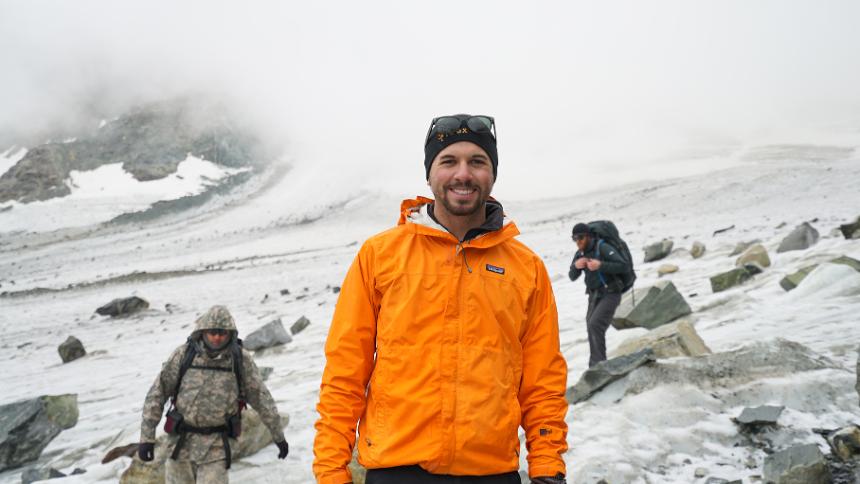Home / Academics / Programs / Outdoor & Environmental Science / EHS Environmental Technician
- Programs
- All Programs
- Bachelor of Applied Science
- Agriculture & Equine
- Behavioral & Social Sciences
- Business & Entrepreneurship
- Career & Technical
- Media, Arts & Humanities
- Health Sciences
- Outdoor & Environmental Science
- Science, Technology, Engineering & Math
- Technical Studies
- Online Learning
- Transfer Services
- Catalog & Class Schedules
- Course Search
- Our Faculty
- Library
- Student Records
- Support Services
- Career Services
- High School Equivalency
- College Prep
- IT Helpdesk
- Testing Center
- Graduation
- Our Deans





